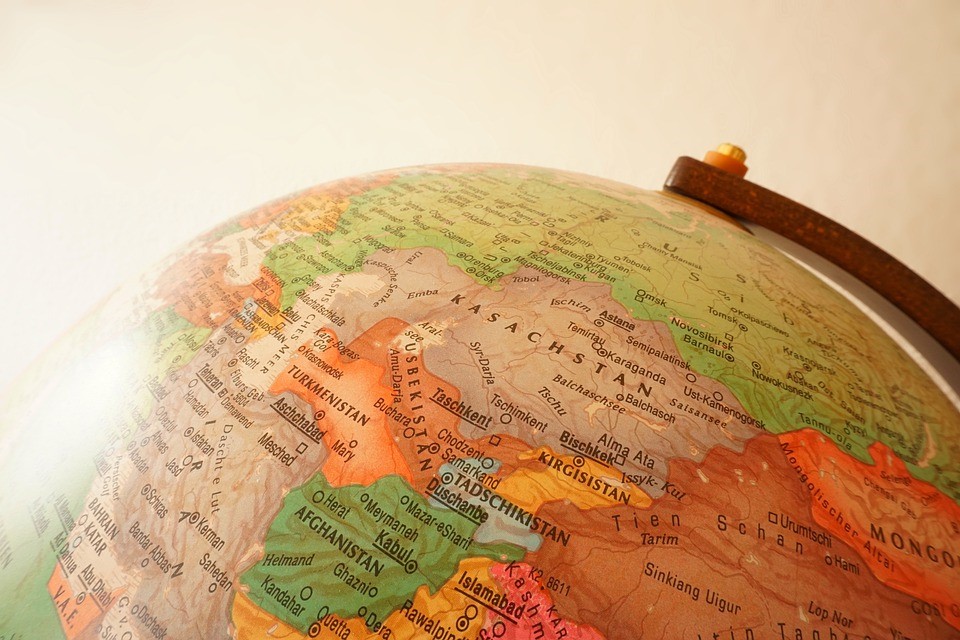China identifies as a power that enforces political and economic order in the world. That makes it dangerous for other sovereign states when Xi Jinping decides to actively engage in relations with countries experiencing a power void. Central Asia in the post-Soviet period is such an area. It is experiencing a power vacuum since Russia’s attention is directed to pursuing its war in Ukraine. China appears intent on taking advantage of the political environment to emerge in 2023 as the predominant regional “security manager.” Its political influence operations, BRI economic projects, and miliary cooperation programs are aimed at acquiring authority in the former Soviet satellite states to the detriment of Russia’s relationship with those countries.
Last week at the recent May 18-19 China-Central Asia Summit in Xian, China, Beijing delivered a comprehensive plan to that would effectively usurp Russia’s position in the region by extending Chinese cooperation with the Central Asian states, according to News Central Asia. Russia’s Ukraine campaign has sped up its loss of leverage in the area.
“While this hardly means that Russia has lost all means of influencing local governments, the erosion in its ability to do so has long been visible,” says Stephen Blank in the Eurasia Daily Monitor. He adds that China has quickly stepped in to replace Russia. Xi Jinping has overseen China’s rise in Central Asia to the preeminent economic power in the region. Beijing uses its Belt and Road Initiative (BRI) to strengthen relations by promising to building railways, highways, ports, connectivity links, investment, energy ties alongside energy pipelines and technological development.
China Daily and the Astana Times report that China signed a number of bilateral agreements with each of the regional governments prior to the summit enabling Beijing to upgrade relations in Central Asia. CCTV is reporting that at the summit meeting China offered and signed an agreement worth 26 billion yuan ($3.68 billion) in new infrastructure investments to the governments of Central Asia. The dual result is that China has greater influence in Central Asia while supplanting Russia’s position as the security guarantor. In his keynote speech, Chinese President Xi Jinping noted that “The sovereignty, security, independence and territorial integrity of Central Asian countries must be upheld; their people’s choice of development paths must be respected; and their efforts for peace, harmony and tranquility must be supported.” Blank says this statement represents a veiled, but nonetheless clear, attack on Russian officials and media personalities who have frequently raised the question of invading Kazakhstan and seizing Northern Kazakhstan, alleging the region to be Russian territory.
TASS earlier pointed out that President Xi had previously defended Kazakhstan’s sovereignty and integrity, but this statement enlarged his frame of reference to include “all of Central Asia and implicitly declared China as the principal security manager in the region.” China’s vision is expansive and long-term. Xi wants conformity with Beijing’s major foreign policy programs, including BRI, Global Development, Global Civilization and its Global Security Initiatives. Blank says this constitutes an attempt to subordinate the independence of the Central Asian states to the larger demands and concepts of Chinese foreign and security policy.
Xi has taken a radical step forward at the summit. Some analysts call it an innovation in Chinese policy in the region since China is offering to provide mechanisms of so-called “hard security,” defense and cooperation in law enforcement. According to Xi, “China is ready to help Central Asian countries strengthen capacity building on law enforcement, security and defense, support their independent efforts to safeguard regional security and fight terrorism, and work with them to promote cybersecurity.” It is a clear indication of Beijing’s intent to replace Moscow as the key security provider. Analysts point out that Xi views Russia as subordinate to China, playing a vassal-like role as China gains leverage over Central Asia. The power struggle is not over. China’s BRI projects are not meeting expectations and the war in Ukraine has presented the West with multiple opportunities to exhibit its superior economic power to cultivate increased cooperation through programs of sustained large-scale investment, which will likely be welcomed in the region. “In other words,” Blank notes, “while the regional governments all need and want sizable Chinese investment, they prefer to maintain a multi-vector approach to foreign relations.” If the West fails to be attentive to the region, and China fully seizes the opportunity to exclude other major powers, the Central Asian states could fall under China’s influence as they were once under Russia in the past.
Daria Novak served in the U.S. State Dept.
